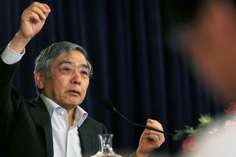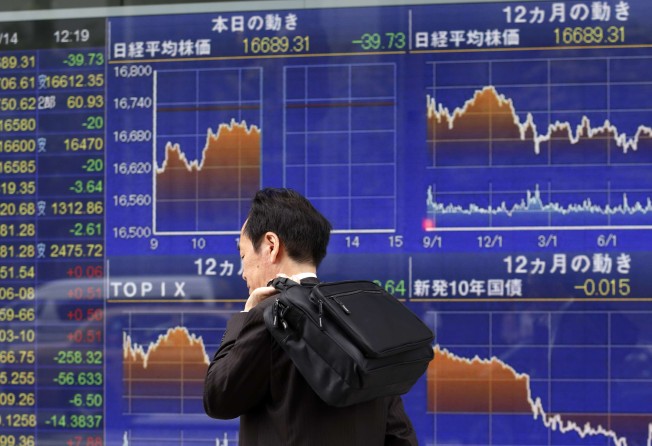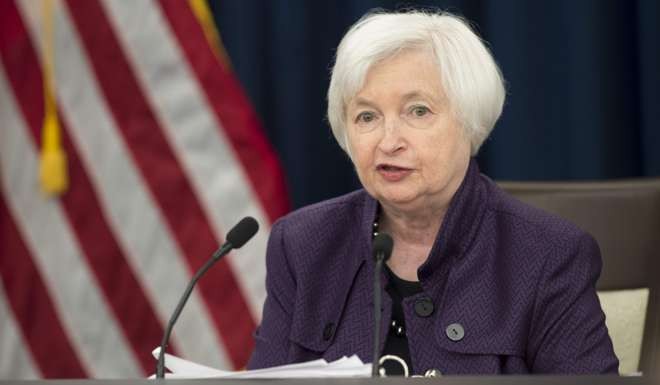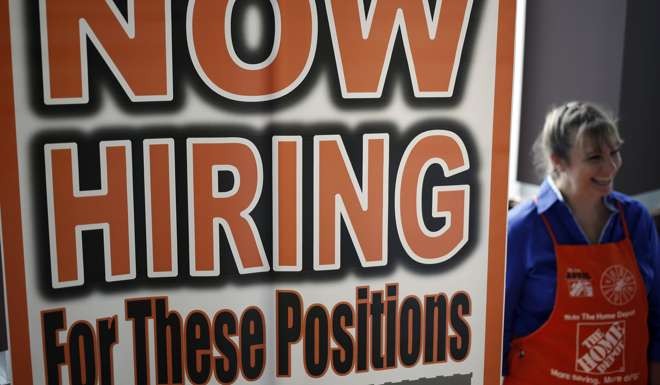
US and Japanese central bankers are in denial over the signs of an impending meltdown
Stephen Roach says the misplaced confidence of the Fed and Bank of Japan in their unconventional stimulus approaches may be priming their economies for a tragedy akin to that of 2008-09

The final day of the summer marked the start of yet another season of futile policymaking by the US Federal Reserve and the Bank of Japan. The Fed did nothing, which is precisely the problem. And the alchemists at the BOJ unveiled yet another feeble unconventional policy gambit.

Lost in the debate over the efficacy of their new tools is the reality of anaemic growth. Japan has been stuck in essentially a 1 per cent growth trajectory for 25 years, failing to respond to repeated efforts at extraordinary monetary stimulus, while subpar US recovery has been largely unresponsive to the Fed’s unconventional stimulus.
However, central bankers remain steadfast that their approach is working, by delivering what they call “mandate-compliant” outcomes. The Fed points to the sharp reduction of the US unemployment rate as proof of nearing one of the targets of its so-called dual mandate. But when seemingly solid jobs growth is juxtaposed against weak output, the story unravels, revealing a major productivity slowdown.

While policy traction has been notably absent in the real economies of both nations, asset markets are a different story. Equities and bonds have soared on monetary policies that have led to rock-bottom interest rates and huge liquidity injections.
The new policies are obviously missing the disconnect between asset markets and real economic activity. This reflects the aftermath of balance-sheet recessions, in which aggregate demand, propped up by asset-price bubbles, collapsed when the bubbles burst, leading to chronic impairment of over-leveraged, asset-dependent consumers (US) and businesses (Japan). Hence, the lack of response at the zero bound of policy interest rates is hardly surprising.

Failing to heed one of the most powerful (yes, Keynesian) lessons of the 1930s – that fiscal policy is the only way out of a liquidity trap – could be the greatest tragedy of all.
Stephen S. Roach is a faculty member at Yale and former chairman of Morgan Stanley Asia. Copyright: Project Syndicate